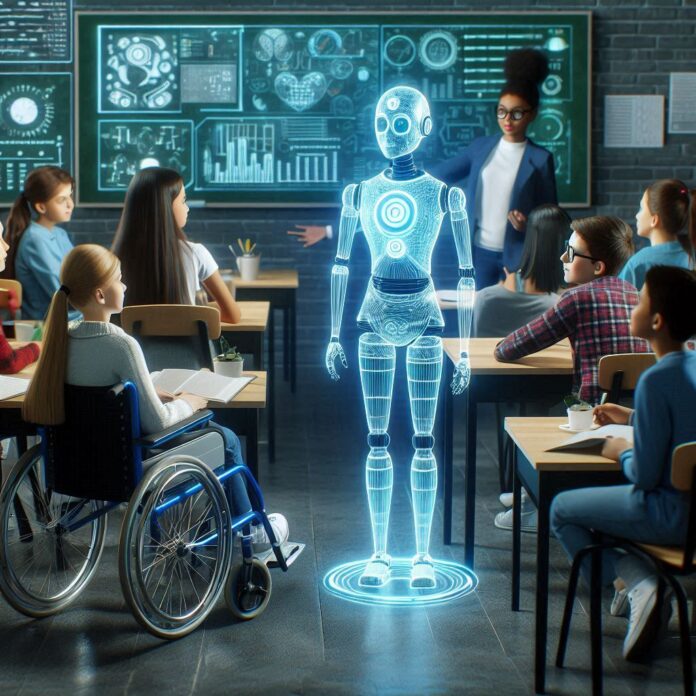Artificial intelligence (AI) is transforming education by revolutionizing personalized learning, student assessment, and educational technology. This article explores how AI-powered systems enhance teaching methodologies, individualize learning experiences, and optimize educational outcomes through innovative applications and recent advancements.
Introduction to AI in Education
Enhancing Teaching and Learning
AI technologies in education leverage machine learning algorithms to adapt learning content and pace based on students’ individual needs and learning styles. Personalized learning platforms analyze student performance data to deliver customized lessons and recommendations, fostering engagement and academic success.
AI Applications for Personalized Learning
Adaptive Learning Systems
AI-driven adaptive learning platforms assess students’ proficiency levels and learning progress in real-time. Algorithms adjust educational content, exercises, and assessments to match students’ abilities, promoting personalized learning experiences and improving knowledge retention.
Intelligent Tutoring Systems (ITS)
Intelligent tutoring systems use AI algorithms to provide interactive learning experiences tailored to students’ strengths and weaknesses. Natural language processing (NLP) enables ITS to offer real-time feedback, explanations, and personalized study plans, supporting self-paced learning and skill development.
AI for Student Assessment and Analytics
Automated Grading and Feedback
AI automates grading processes by analyzing student responses and providing instant feedback on assignments, quizzes, and exams. Machine learning models assess accuracy, coherence, and depth of student answers, enabling educators to focus on personalized instruction and academic support.
Predictive Analytics for Student Success
AI analytics predict students’ academic performance and identify at-risk behaviors based on historical data and learning patterns. Predictive models enable early intervention strategies, personalized interventions, and student support initiatives, improving retention rates and graduation outcomes.
Educational Technology Innovations
Virtual Classrooms and Remote Learning
AI-powered virtual classrooms facilitate interactive online learning experiences, incorporating video conferencing, collaborative tools, and virtual reality (VR) simulations. Remote learning platforms enhance accessibility, flexibility, and engagement, enabling students to access educational resources from anywhere.
Gamification and Interactive Learning
Gamified learning platforms integrate AI algorithms to enhance student motivation, participation, and knowledge retention through interactive games, quizzes, and simulations. Adaptive learning pathways and rewards systems promote active learning and skill development across diverse educational subjects.
Future Directions and Challenges
Ethical Considerations and Data Privacy
As AI adoption in education expands, addressing ethical concerns such as data privacy, algorithmic bias, and digital equity becomes essential. Regulatory frameworks and ethical guidelines ensure responsible AI deployment, safeguarding student data and promoting equitable access to educational resources.
AI-driven Innovation in Education
Future innovations in AI for education focus on enhancing learning analytics, personalized tutoring, and adaptive assessment strategies. Collaborative research and interdisciplinary partnerships drive advancements in educational technology, shaping the future of AI-driven learning environments.
Conclusion

AI’s transformative impact on personalized learning, student assessment, and educational technology underscores its role in improving educational outcomes, fostering innovation, and addressing diverse learning needs. By integrating AI-powered systems with pedagogical expertise and ethical considerations, educators and policymakers can harness technology to create inclusive, engaging, and effective learning experiences for students worldwide.





